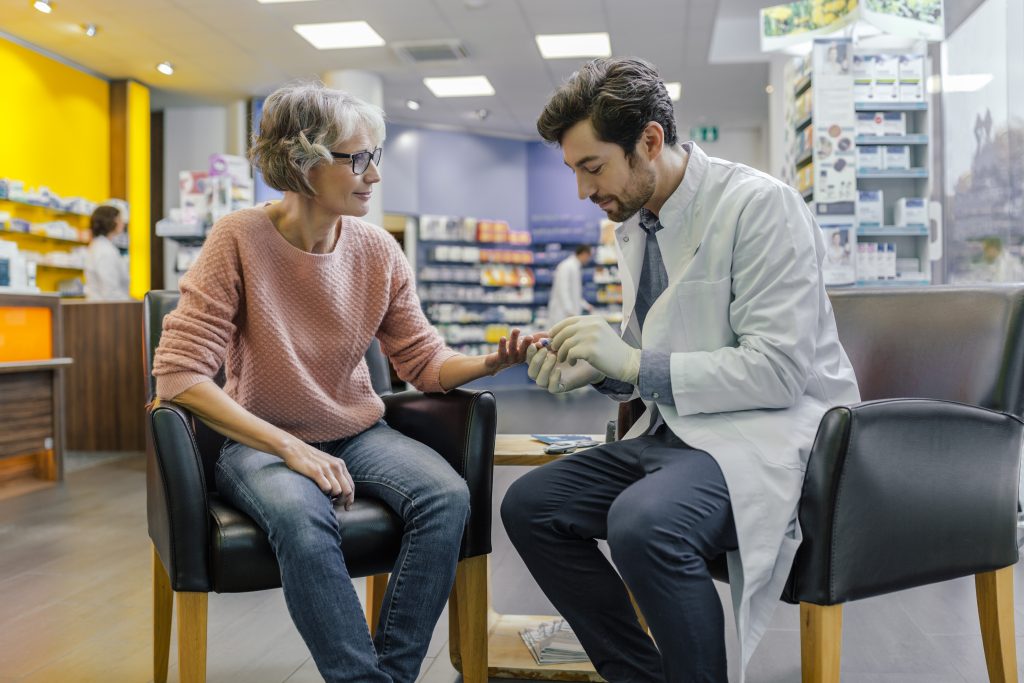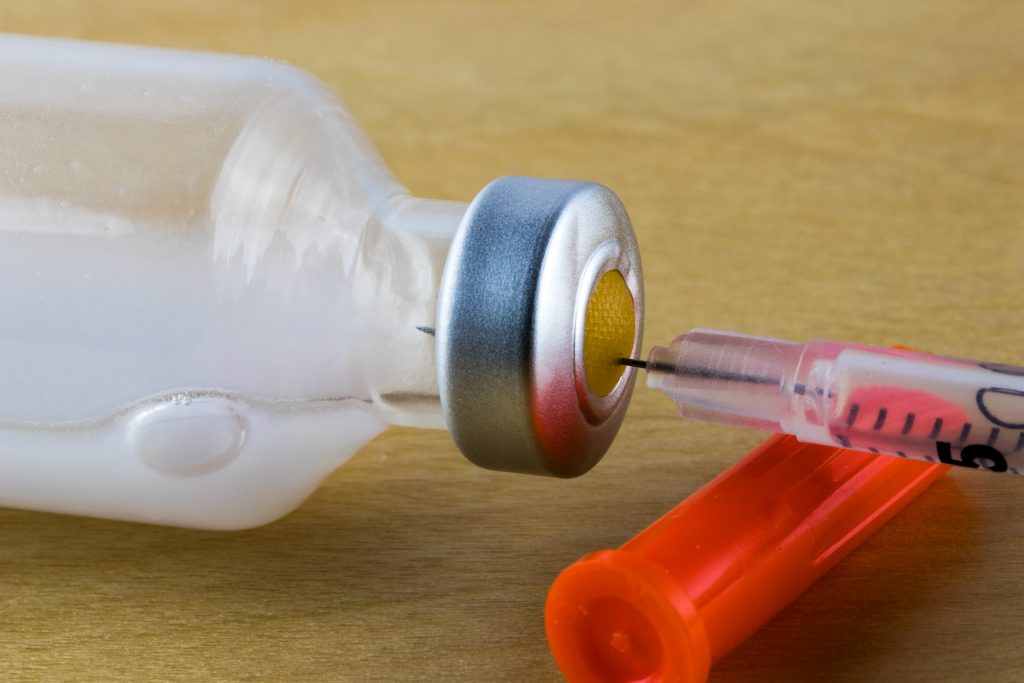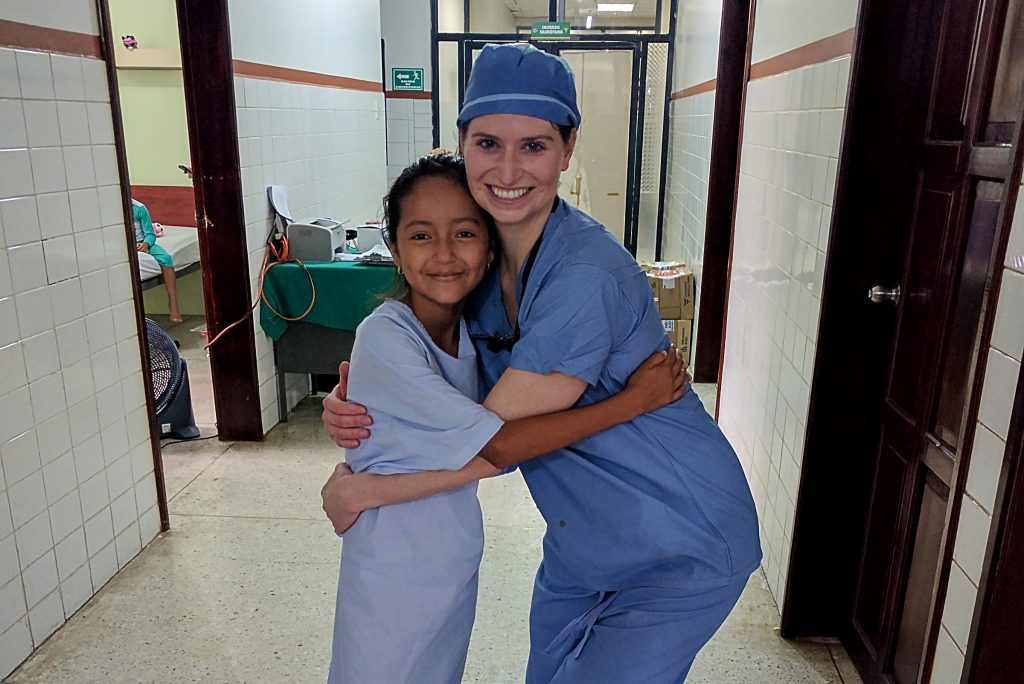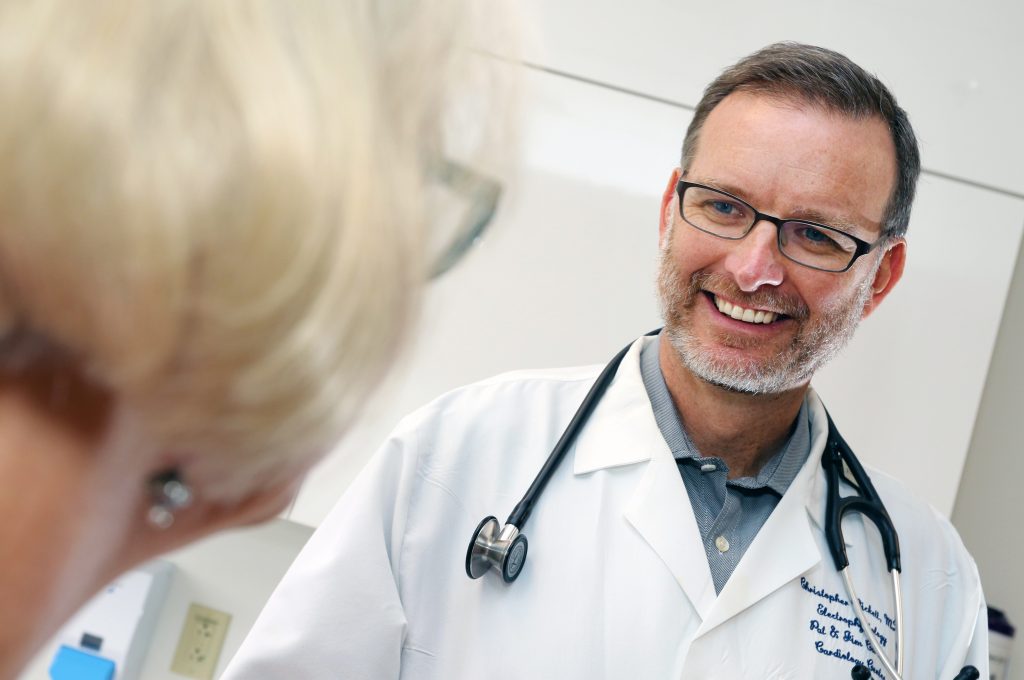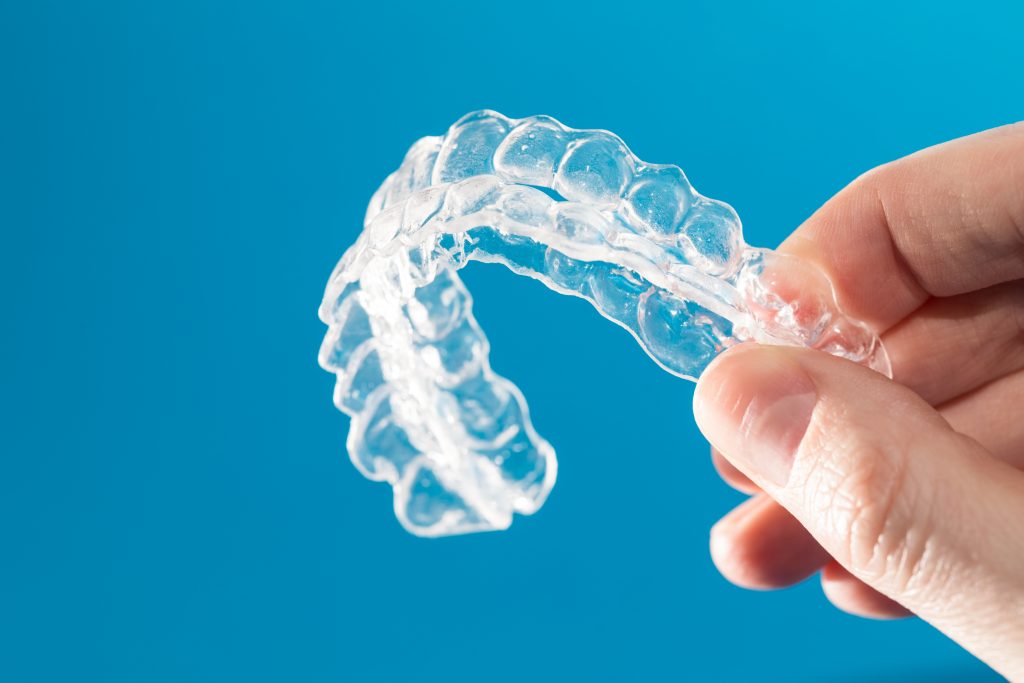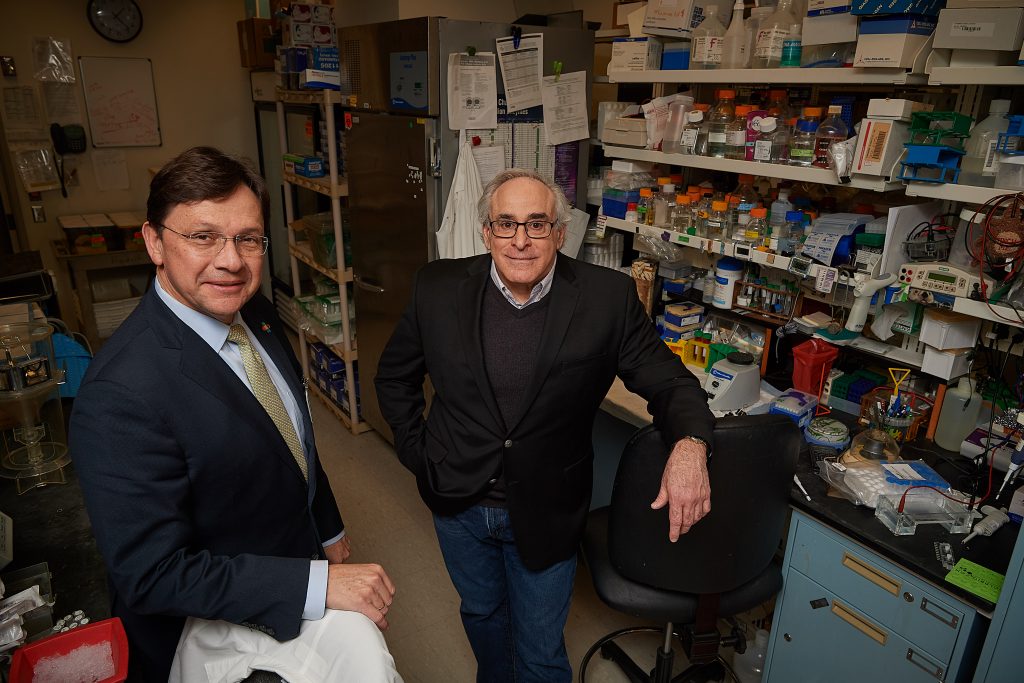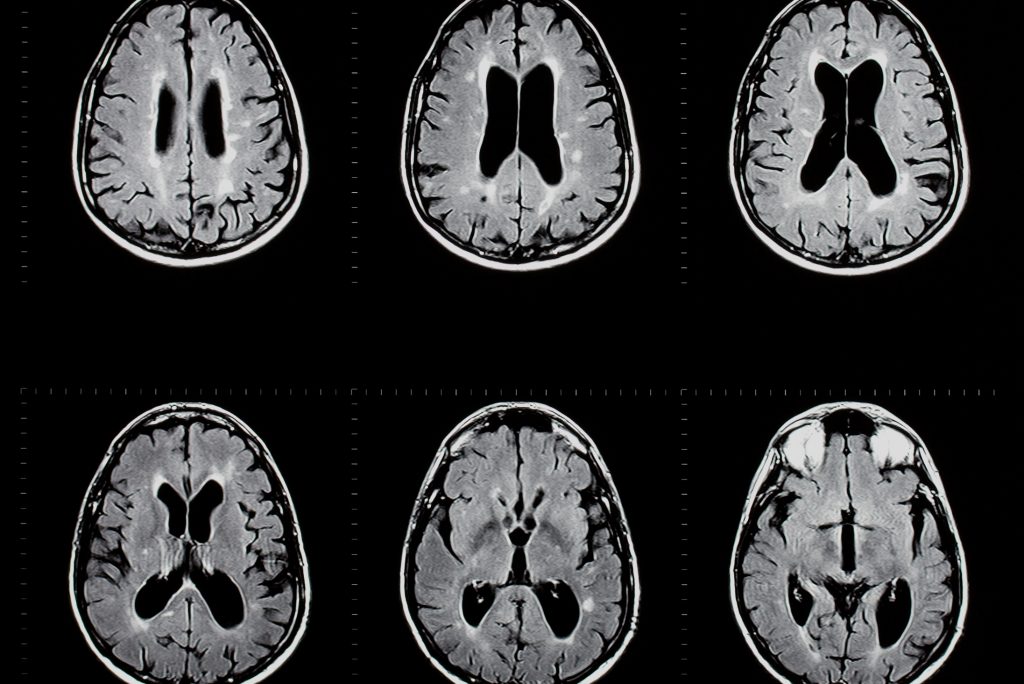Health & Well-Being
Will the CVS Expansion of Healthcare Services Work?
Pharmacy professor Marie Smith says CVS will have to educate consumers about the new products and services offered, if the HealthHub concept is to be successful.
June 7, 2019 | Mike Enright '88 (CLAS), University Communications
Op-ed: When did GMO Become a Dirty Word?
The medical, agricultural, and environmental fields all have GMO products, writes Stacey Stearns of UConn Extension.
June 7, 2019 | Stacey Stearns, UConn Extension
Meet Dr. Jillian Fortier, Plastic and Reconstructive Surgeon
At home and abroad, UConn Health's Dr. Jillian Fortier combines compassion for her patients with top-notch skills.
June 6, 2019 | Ethan Giorgetti, UConn Health
Substance Abuse Seen Among LGBTQ Victims of Weight Bullying
Weight-based victimization among LGBTQ youth is associated with increased odds of binge drinking, alcohol, marijuana, and cigarette use, says a new UConn study.
June 3, 2019 | Kristin Messina, UConn Rudd Center
Is Traffic-Related Air Pollution Killing Us?
With vacation season getting underway, and many families planning road trips, a UConn Health researcher discusses the impact of traffic-related air pollution on our health.
May 31, 2019 | Lauren Woods
CT Magazine Names 48 from UConn Health among 2019 Best Doctors
Connecticut Magazine’s June 2019 Best Doctors issue lists 48 UConn Health physicians in a wide range of specialties.
May 29, 2019 | Lauren Woods
DIY Dentistry – Don’t Do It
The consequences of low-cost, unsupervised dental solutions may cost more in the long run according to UConn’s dental experts.
May 29, 2019 | Courtney Chandler
Latino Health Paradox is a Laughing Matter
Latina mothers tend to laugh more and have more high-quality conversations compared to White European mothers, which may explain their good health, according to a new UConn study.
May 16, 2019 | Elaina Hancock
UConn Health Leads International Center to Develop Syphilis Vaccine
“An effective syphilis vaccine would represent a triumph for biomedical research over an ailment that has defied conventional public health strategies for prevention and control,” says Dr. Justin Radolf of UConn School of Medicine.
May 10, 2019 | Jessica McBride, PhD
A New Culprit for Multiple Sclerosis Relapses
A molecule that helps blood clot may also play a role in multiple sclerosis relapses, according to a new study by a team that included researchers from UConn Health
May 9, 2019 | Kim Krieger
